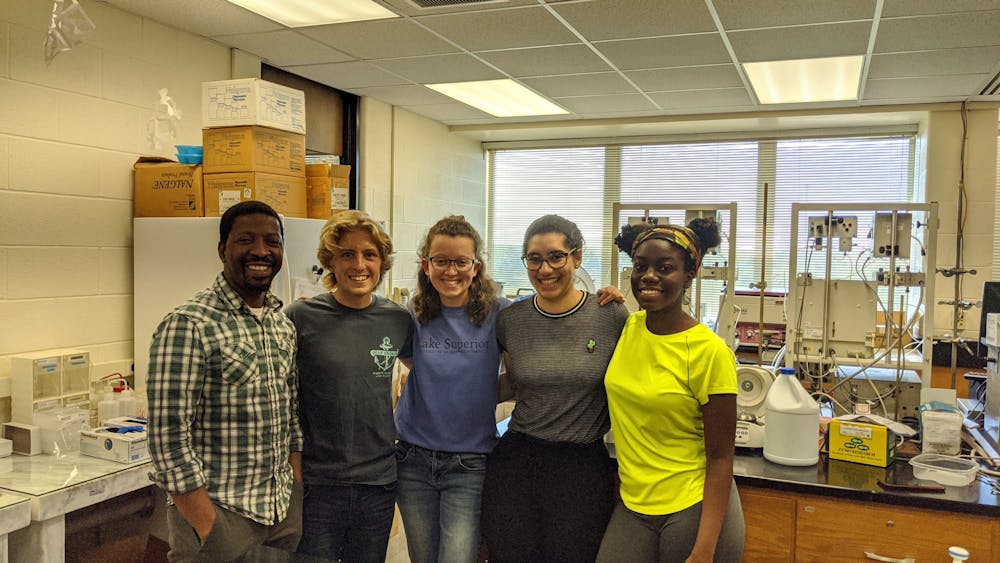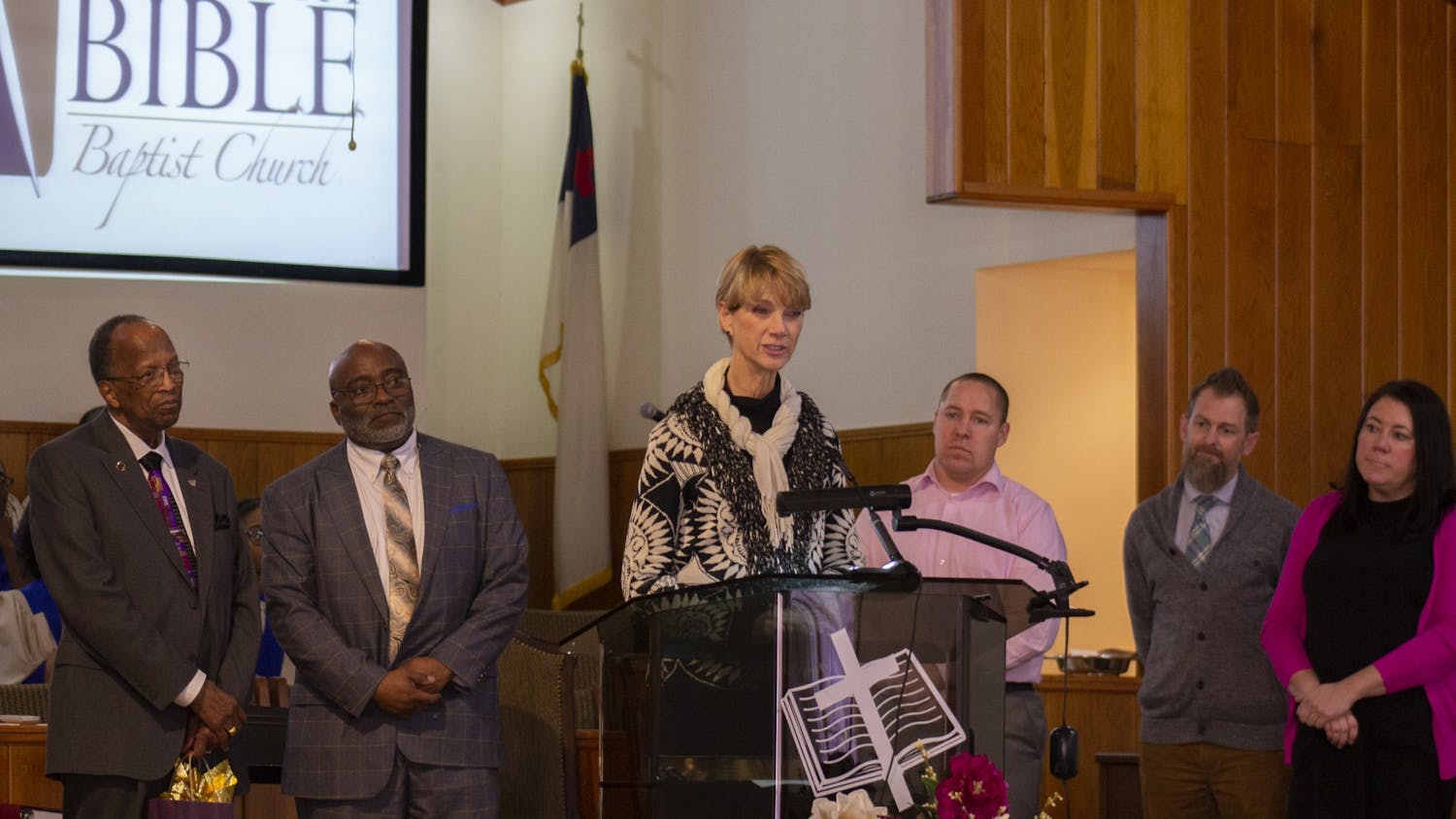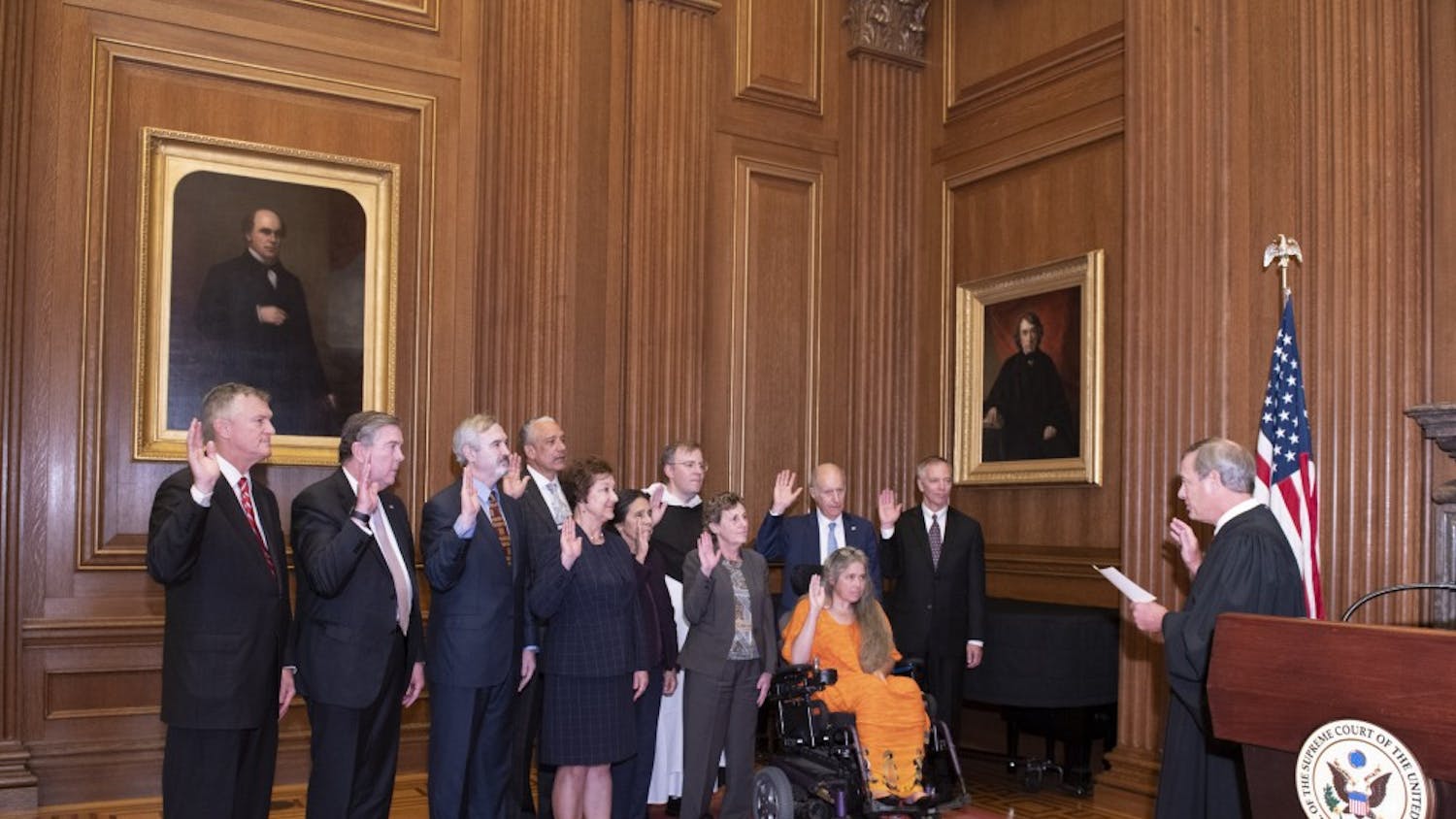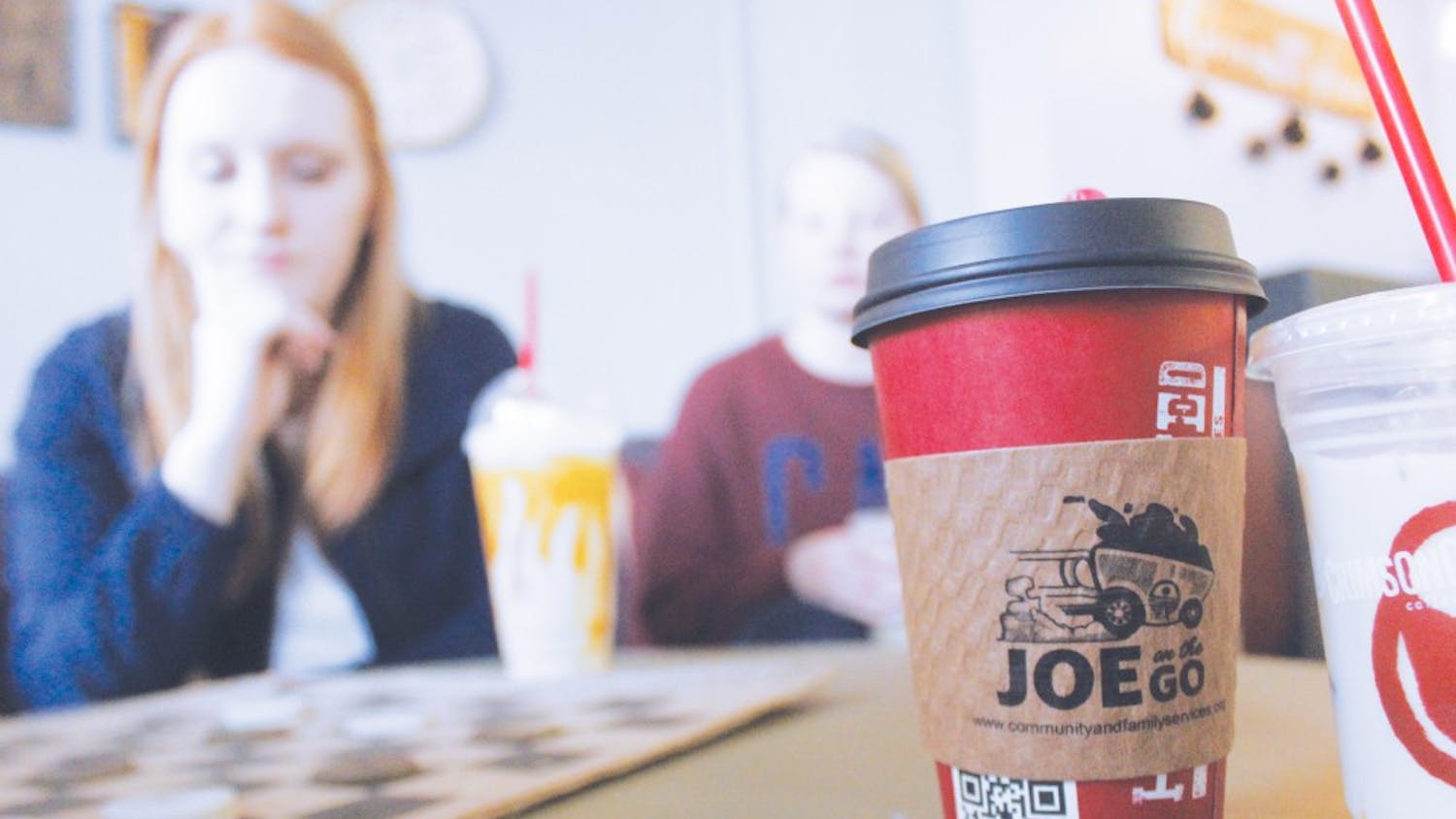While most college students were binging shows and scrounging for summer jobs, some Taylor students were still on campus doing research.
Alex Helmuth, a junior biochemistry major, was one of those students. He worked with three others — junior Tia Watkins and seniors Kendra Russell and Elaine Christian under the guidance of Daniel Kaluka, professor of biochemistry and chemistry.
Together, they were researching proteins in the malaria parasite.
The malaria parasite, also known as Plasmodium Falciparum, is transmitted through the simple process of a mosquito bite. This deadly disease poses a big threat to numerous developing countries.
When bitten by said mosquito, the parasite is then able to develop in red blood cells and break down the hemoglobin that carries our oxygen to organs and tissues.
Inside the hemoglobin is heme, a blood protein and an important aspect of this group’s research. When the parasite breaks down the hemoglobin, heme becomes viable and lethal to the parasite. The parasite is then able to crystalize that heme and continue on with its fatal conquest.
The students were trying to research the structure of four heme-containing proteins: Cytochrome b5_2, Cytochrome b5_3, Cytochrome c and Cytochrome oxidase.
“When you understand the structure of a protein, you can also gain information about the function of a protein,” Helmuth said.“And when you understand the function, then pharmaceutical companies can identify possible medication to combat this parasite.”
The first step for this group of researchers was cloning the proteins. They were able to successfully clone all four heme-containing proteins through Polymerase Chain Reaction (PCR) protocols.
The next step was a trial expression in E. Coli, where they were able to successfully express the protein Cytochrome b5_2.
The last step was to carry that protein through a purification process, and their results confirmed that this protein did in fact contain heme.
When asked the overall objective of his group, Helmuth said they cloned, expressed, purified and characterized four heme-containing proteins of the malaria parasite. That process certainly didn’t happen overnight — it took eight weeks of long hours and hard work.
Funded by a grant provided by the Faculty Mentored Undergraduate Scholarship, the team worked Monday through Friday, days usually lasting from 9 a.m.-6 p.m.
Accepted to this role with an application, “these types of opportunities allow for students to get hands-on experience at a larger scale,” Helmuth said.
Helmuth states that he wanted to partake in this experience because he wanted to have a research opportunity before he left Taylor.
“I wanted to gain knowledge on the research process and what directed research looks like and entails,” Helmuth said. “I wanted to gain wisdom, knowledge and guidance through a professor directing me.”
To his surprise, Helmuth gained some takeaways that aren’t just used in the laboratory. He also learned what it was like to be at Taylor during one of the loneliest and most unique times. He explained the oddity of being at Taylor but only being allowed in two buildings: Euler and his apartment.
Amidst a global pandemic, this was an amazing time for Helmuth. COVID-19 actually helped him foster a deeper community with those he was surrounded with.
“You weren’t with a lot of people, but you built really strong relationships with those whom you were with,” Helmuth said.
As a Taylor Cross Country and Track athlete, Helmuth got to spend a lot of time running and basking in his independence, even marking this as one of his favorite summers.
“I loved experiencing Upland and Taylor University in a new environment,” he said.
As for the research, it isn’t over yet. It now lies in the hands of seniors, Vincent Miranda and Michael Eggers. Helmuth states that the two are attempting to successfully express the other three proteins, and they are working on a better purification technique for Cytochrome b5_2.
The main lessons Helmuth got from this experience are vital. Wanting to be a surgeon in the future, he now notices the importance of being detail-oriented, efficient and constantly prepared for what comes ahead.
He describes his summer of research as a humbling experience because when results didn’t come up as hoped, he had to remember it didn’t discredit him as a researcher, or as a person.
“I learned how to put aside the negative results.” Helmuth said.. “When we are not getting the optimal results, it doesn’t define my value or success as a researcher. I learned to not put my identity and worth in success, but to tackle challenges head on and dive deeper into different content.”





